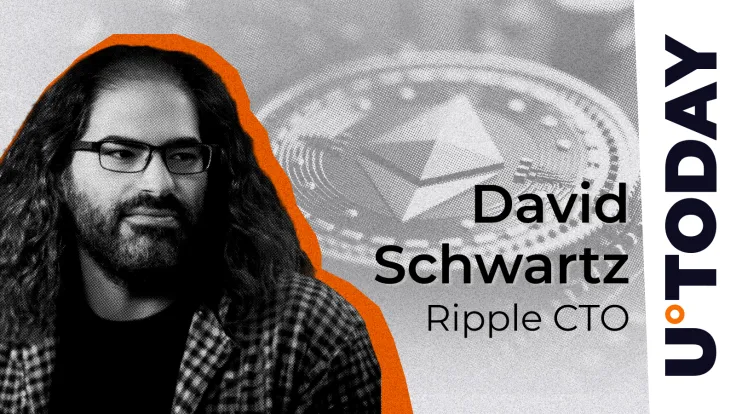In response to the recent launch of Ethereum exchange-traded funds (ETFs), Brian Armstrong, CEO of Coinbase, lauded the development as a major step toward regulatory clarity.
He emphasized that by approving the ETF, the U.S. SEC has officially confirmed that Ethereum (ETH) is not classified as a security. The Coinbase head noted the exchange's role as the primary custodian for eight of the nine newly approved Ethereum ETFs.
However, this announcement sparked a contentious debate among some crypto community members. Some argued that ETH, following its network Merge upgrade, should be considered a security due to its staking model and the artificial inflation of its value. In this case, Ethereum was described as a "Ponzi scheme" through controlled supply manipulation.
Is Ethereum a security?
Ripple's Chief Technology Officer David Schwartz engaged in this debate, questioning the premise of Ethereum's classification as a security. First, he questioned whether Ethereum could be considered an investment contract, pointing out the absence of a clear counterparty in such a contract.
He further critiqued the argument that common interests among Ethereum stakeholders could be construed as a common enterprise, a key factor in defining a security.
The debate extended to broader issues of market manipulation and fraud within the cryptocurrency space. Schwartz dismissed the notion that common interest equates to common enterprise, suggesting that such an interpretation could erroneously apply to various markets beyond the cryptocurrency one.
As an example, he suggested that FTX’s alleged actions could be considered fraudulent, even if they might not constitute market manipulation under technical definitions.




 Dan Burgin
Dan Burgin Vladislav Sopov
Vladislav Sopov